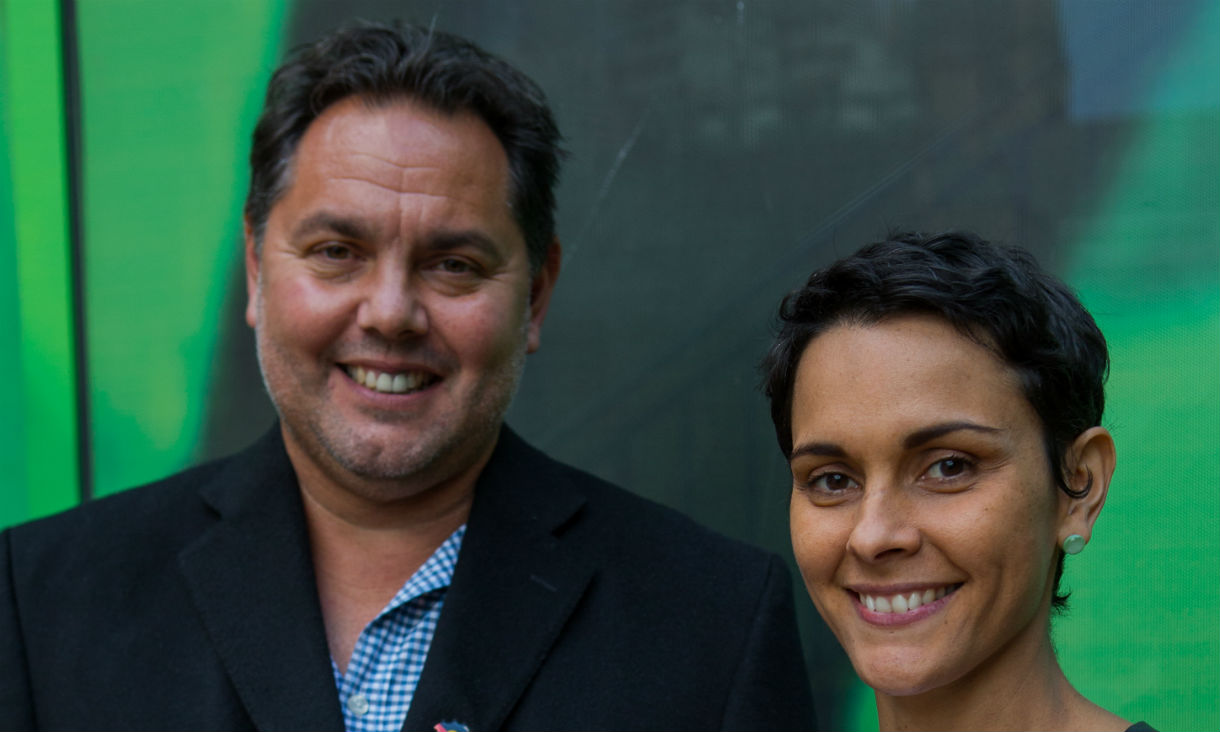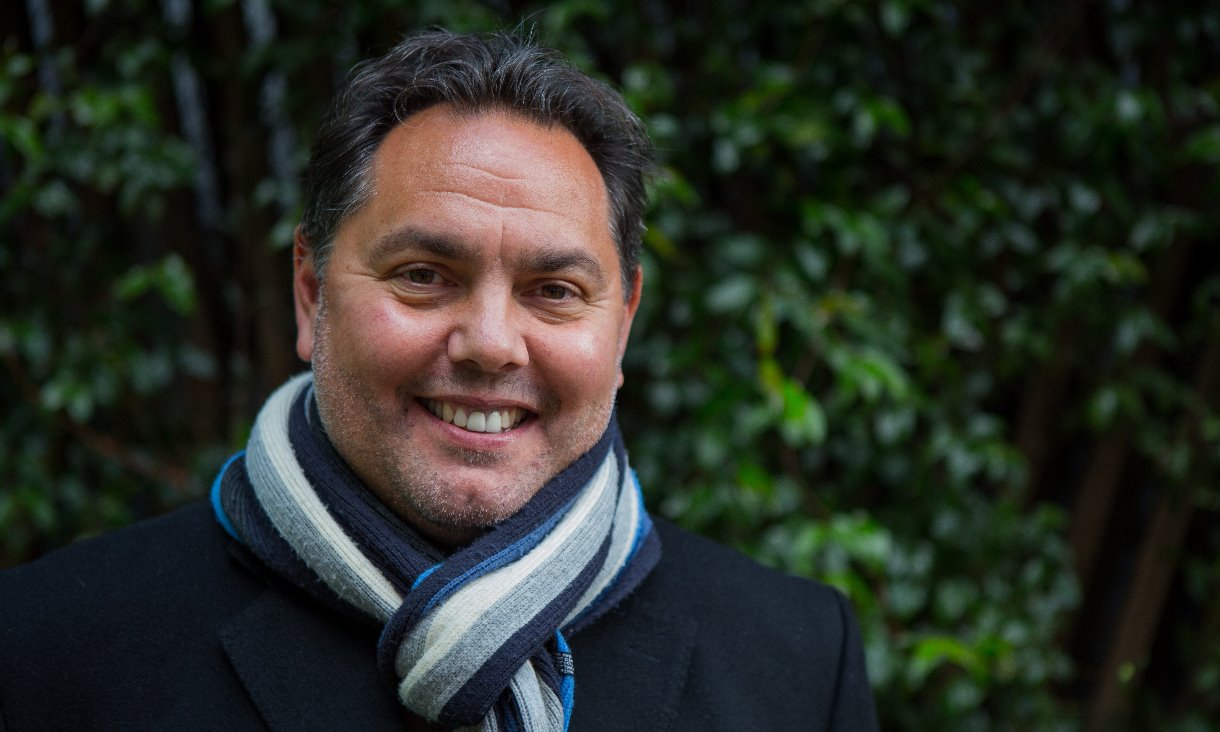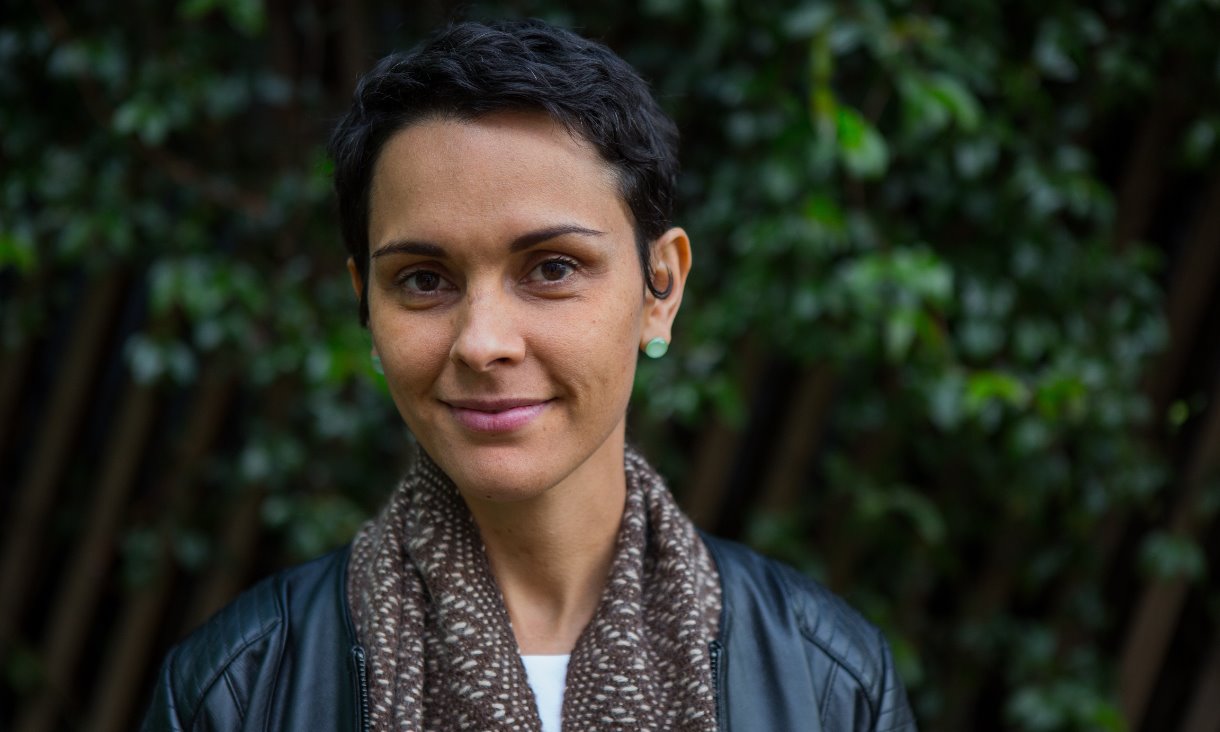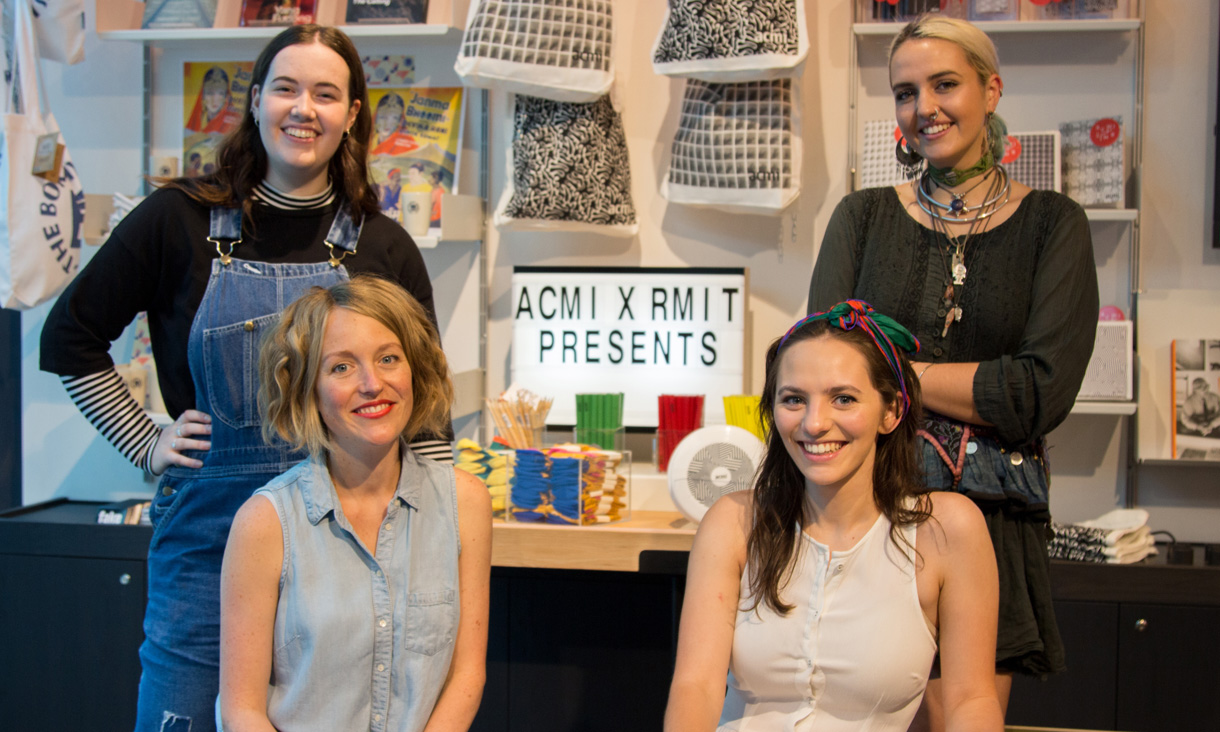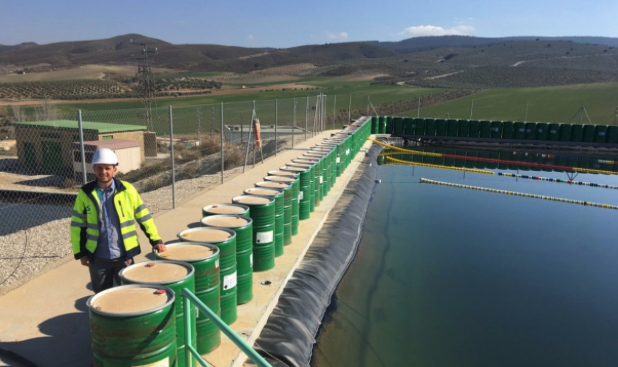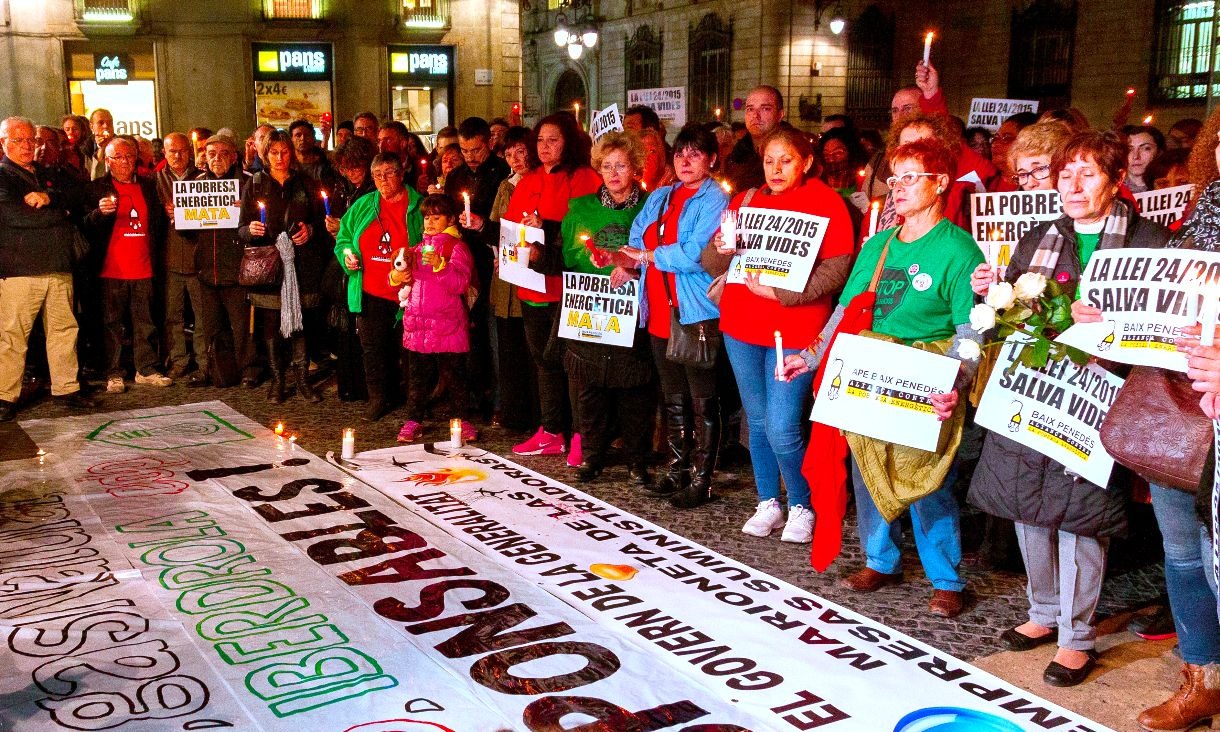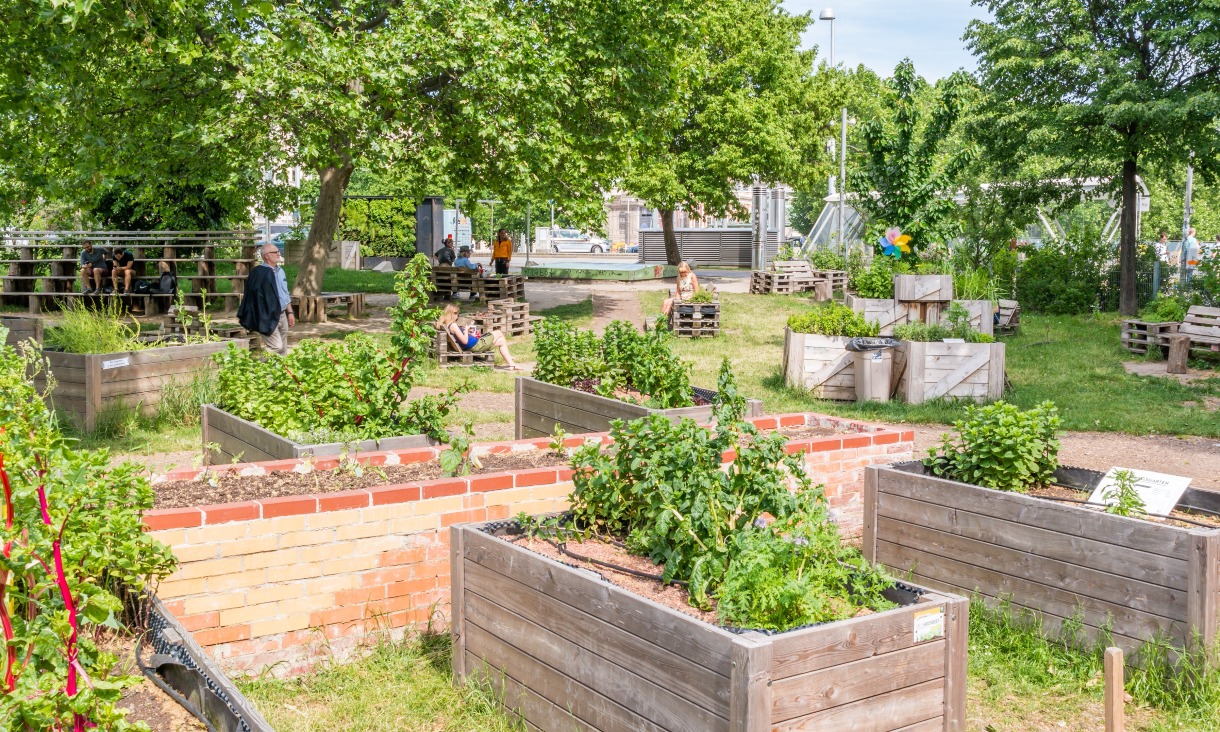New tech, ancient culture
Megan Kelleher is based in the School of Media and Communication and researching the impact of cutting-edge technologies like blockchain on centuries-old Indigenous culture.
Blockchain is a continuously growing list of records which are linked and secured using cryptography. The technology allows transactions to be recorded in multiple places simultaneously and, despite the absence of a central database, made and tracked sequentially. The transactions are accordingly likened to building blocks.
“I am looking at Indigenous knowledge systems, which underpin and guide Indigenous governance,” Kelleher, a Barada and Gabalbara woman originally from Queensland, said.
“I’ve also got to learn about the processes and protocols that underpin blockchain and other second wave automation technologies that are based on algorithms, data sets and systems.
“How do we avoid intergenerational colonial biases from becoming part of those governance systems?
“How will these systems impact marginalised communities, whose way of life doesn’t fit the dominant cultural paradigm?”
Kelleher was on maternity leave from her State Government communications job when she heard about the unique opportunity and decided to apply.
She had worked as a research assistant for RMIT’s Associate Professor Ellie Rennie in 2013 and had recently been talking to her about doing a PhD.
“I loved my undergraduate media and communication degree. I felt like it was the one area of my life that I really loved even when it was really intense. I just got amazing results as a result of loving it.
“Ellie said to me, `Have a look at this opportunity’. I applied, was successful and now Ellie is my supervisor.
“It’s an amazing opportunity and it’s a great source of motivation.”
The RMIT Indigenous Research Fellowships were launched as part of the University’s commitment to providing career opportunities for Indigenous researchers and research students, and building Indigenous research capacity.
As well as the new pre-doctoral fellows, RMIT has appointed two Vice-Chancellor’s Indigenous Research Fellows who will develop high-quality, high-impact research projects that address challenges within focus areas aligned to RMIT’s Enabling Capability Platforms.
Story: Amelia Harris

